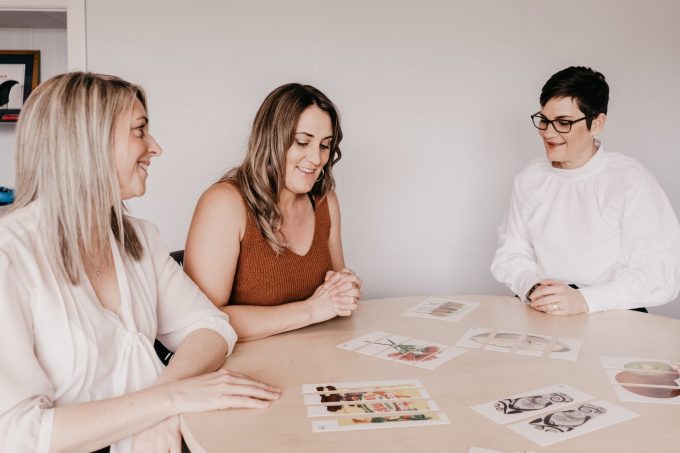
When I reflect on my own schooling experiences, many names come to mind.
I am sure I speak for many in education when I stress the importance of building strong foundations in wellbeing and consciously forging positive relationships between teachers and students. Sadly, for our students with specific learning differences (SLDs), these connections are not always as secure as they should be. The conscious development of meaningful relationships that support positive schooling and life experiences begins with the teacher and then is shared with the students as they get older. The most critical element in this is the teacher’s ability to empathise with each student. In my experience, it is difficult to do this well when we are not aware of what sits behind a student’s struggles.
Over the past five years, I have observed teachers across New Zealand with an incredible ability to build relationships with students and their whānau. The element that most of these teachers have had in common has been either knowledge that has led to a deep understanding of why the students are presenting as they are, or a strong sense of moral purpose and a desire to be a better teacher, which has led them to continued learning in this area. Knowledge breeds confidence.
Factors that lead to successful schooling experiences for our students with SLDs include:
Working through the challenge of teaching or parenting a student with an SLD is a hard task.
However, we have observed a significant shift over the last two years in the way dyslexia is beginning to be addressed in the New Zealand schooling system. Many more schools across the country are adopting current research – and evidence-based practices, such as structured literacy, and increasing their knowledge about dyslexia and the science of reading. Teachers have been realising that to their intense frustration and disappointment, they do not have all the knowledge necessary to teach every child in front of them. Just as we encourage teachers to be empathetic with their students, we encourage them to be empathetic and kind to themselves. To accept that it is not their fault that they do not have all the necessary knowledge to teach all students effectively.
From adversity comes opportunity. Now, the opportunity to make a difference is here. The online learning systems that have taken over the world because of COVID-19 have, in fact, been a blessing for us all as educators of students with SLDs.
I encourage you to be strategic – do not clutch at straws. We have done that for years, jumping straight into action with various programmes that have not been evidence based. Take your time; be kind to yourselves; build your knowledge first. Do a stocktake of the assessments, resources, and systems that you currently have. Consider seeking advice from an expert who can help you to create a strategic action plan that will lead to the development of a consistent, school-wide pedagogy for teaching students with SLDs.
If you are committed to developing the social and emotional well-being of all your students and forging relationships with them that instil confidence, resilience, motivation, and success, I encourage you to ask yourself the following questions:
Positive and successful schooling experiences, as well as strong and meaningful relationships, all take time, energy, and curation. On behalf of all the New Zealand children with SLDs and their whānau, I thank all the teachers who, day in, day out, commit to being a better learner, person, mentor, and teacher themselves in a bid to inspire and enable our children with SLDs and to help make the world a better place for them. The opportunities for continued learning in this area are plentiful, with robust, evidence-based resources available to teachers, students and whānau across the country.
Will it be you that your students remember in conversations in the years to come?
Author Carla McNeil is managing director of Learning Matters.
Bullying contributes to poor wellbeing and absenteeism in New Zealand. Discover how you can address…
Free school lunches will continue under a modified model which will reportedly see $107 million…
A new interactive website showing daily attendance figures was launched last week as part of…
Two reviews of early literacy approaches and an accompanying Ministry of Education commentary show promising…
We must have bipartisan decision-making for education, says academics Bronwyn E. Wood and Taylor Hughson…
The OECD’s new report makes several policy recommendations for our education sector in the hopes…
This website uses cookies.